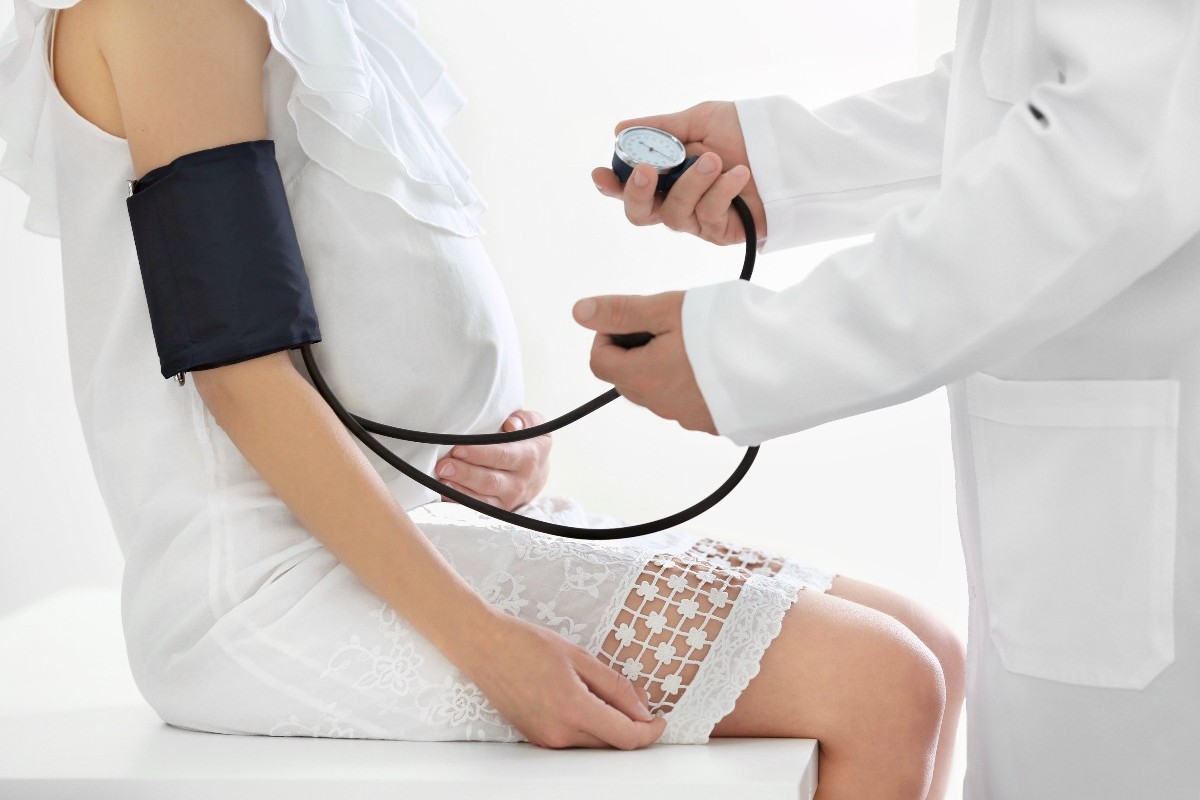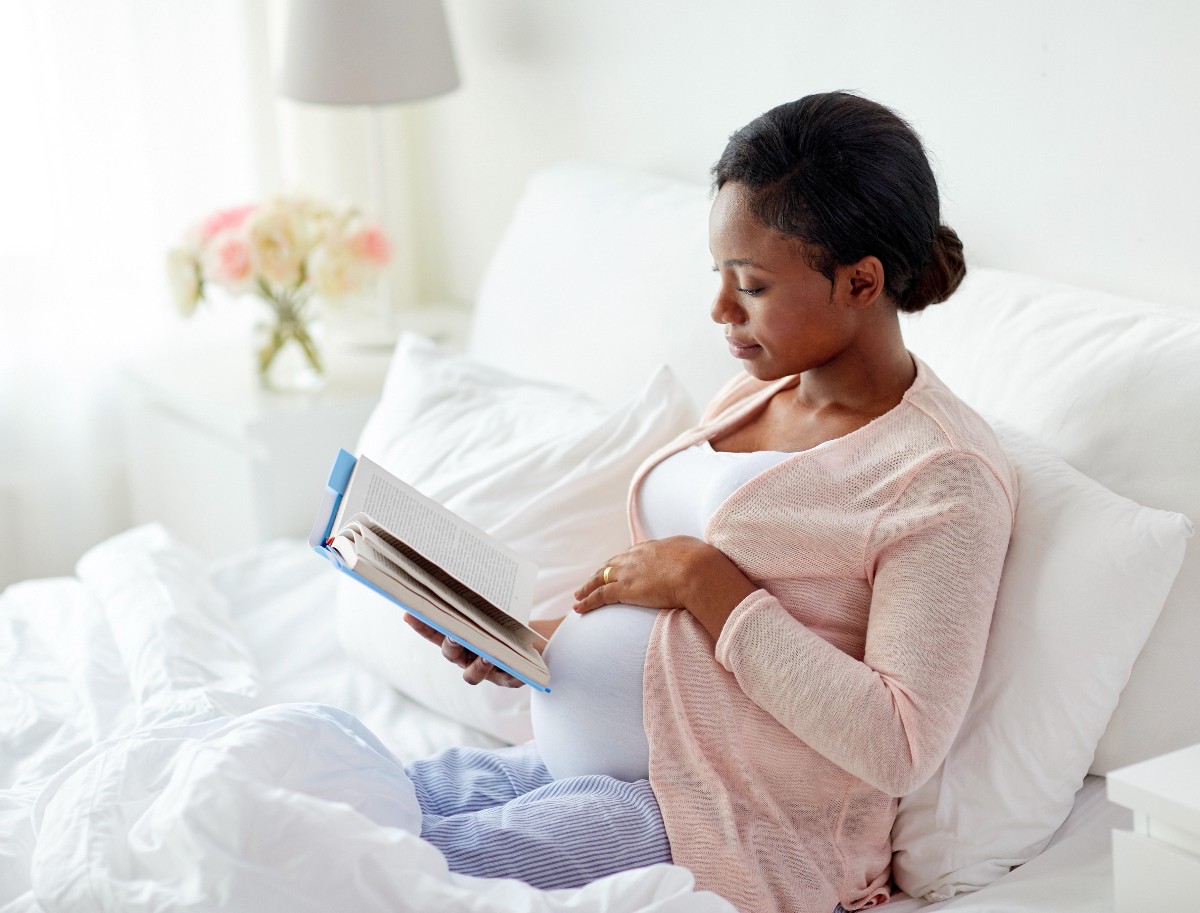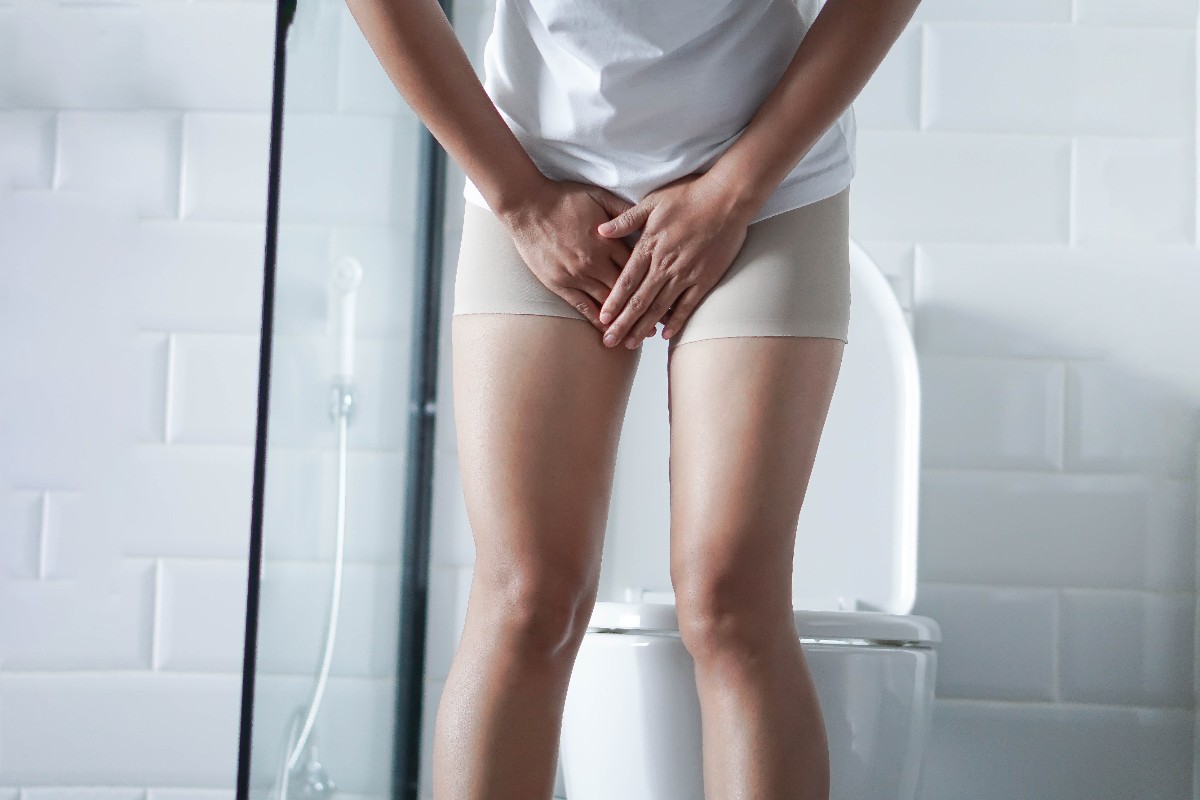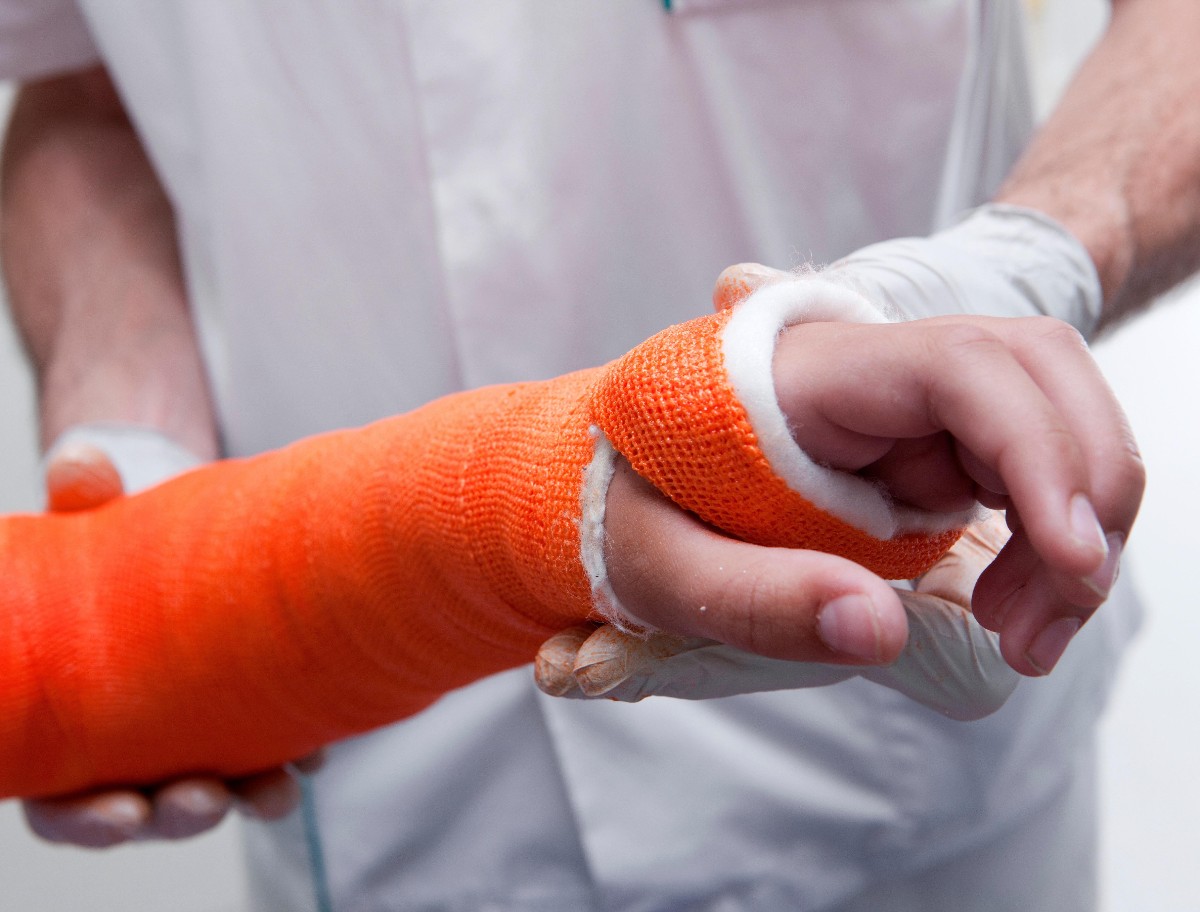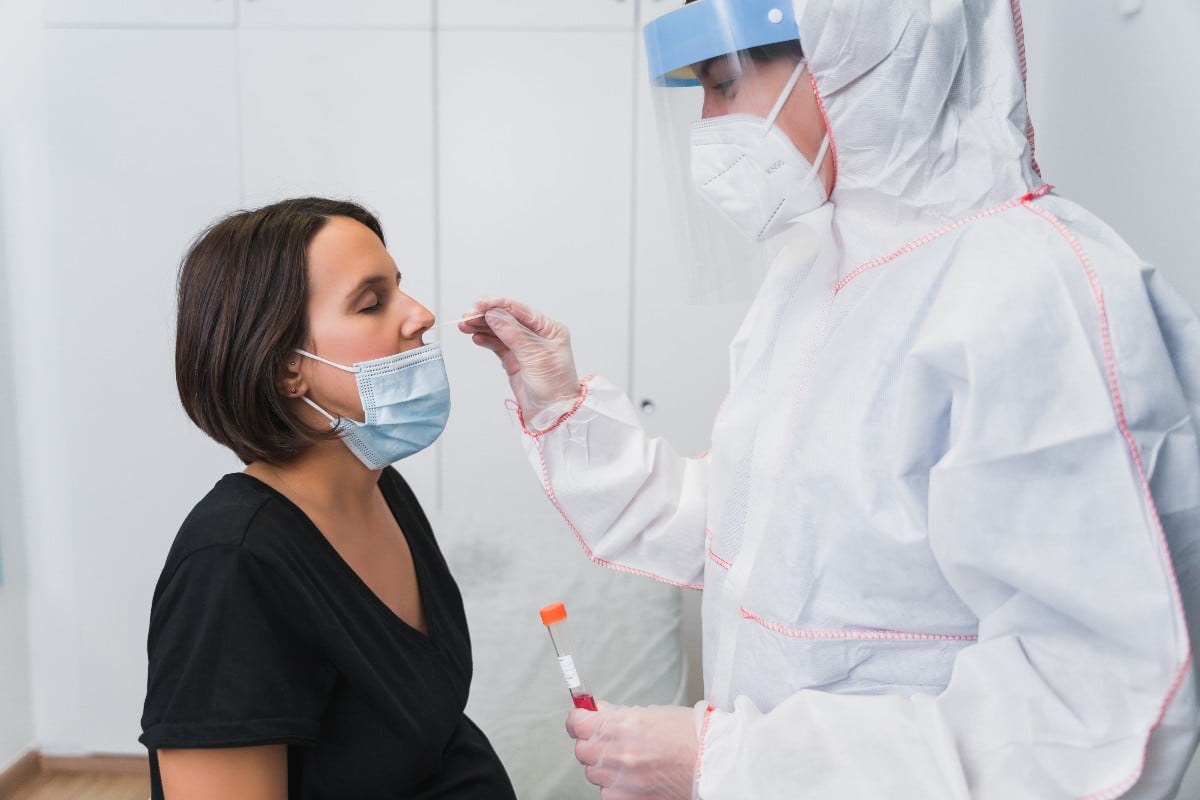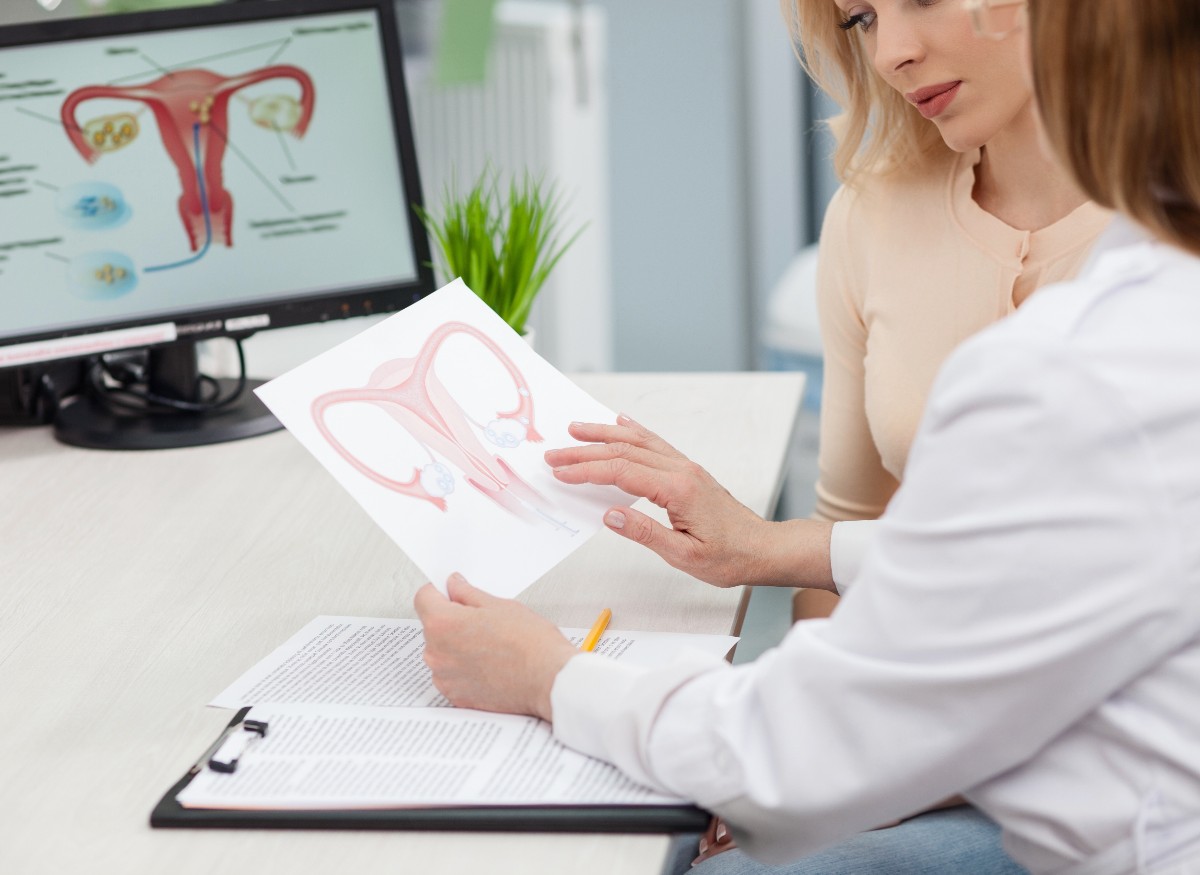
Ever since the Supreme Court overturned Roe v. Wade in June 2022, even more women have struggled to find reproductive care, a new report warns. Issued Thursday by the Commonwealth Fund, the report shows that women living in states long plagued by health disparities — particularly in the Southeast — have been harmed the most.… read on > read on >











.jpg)


